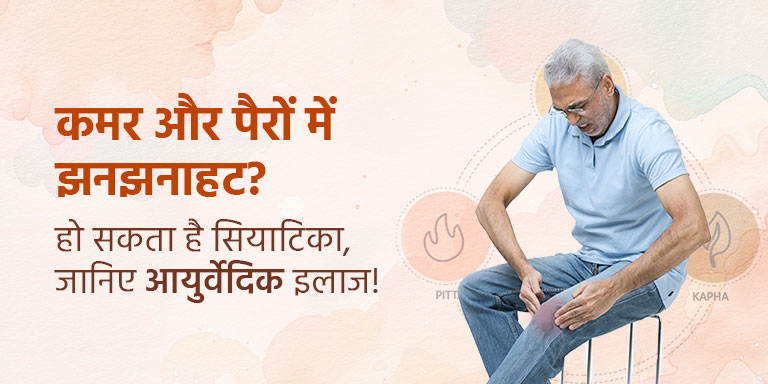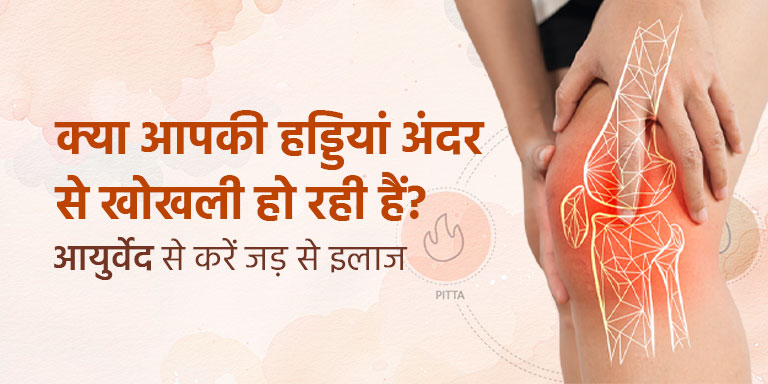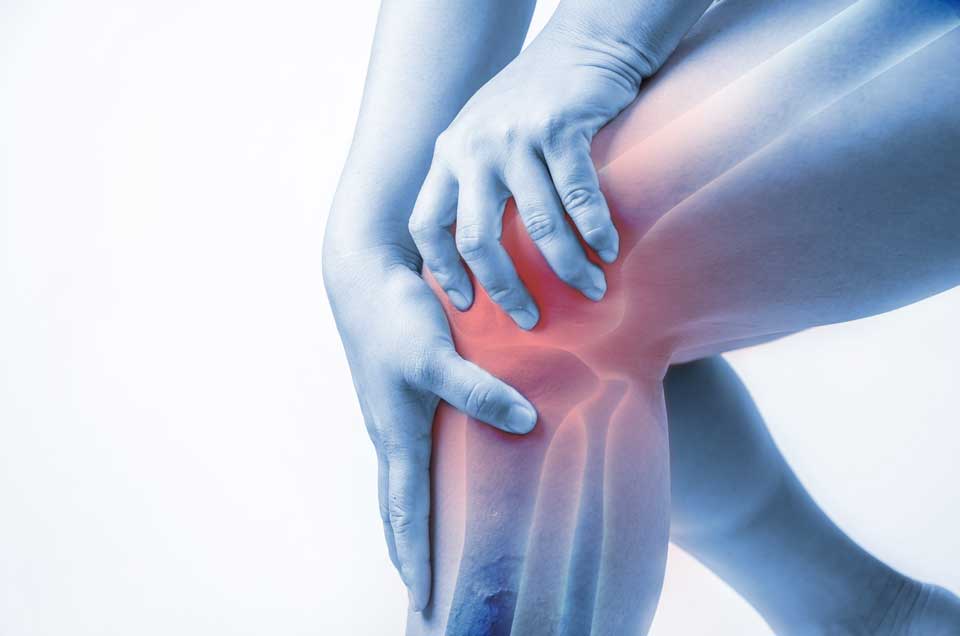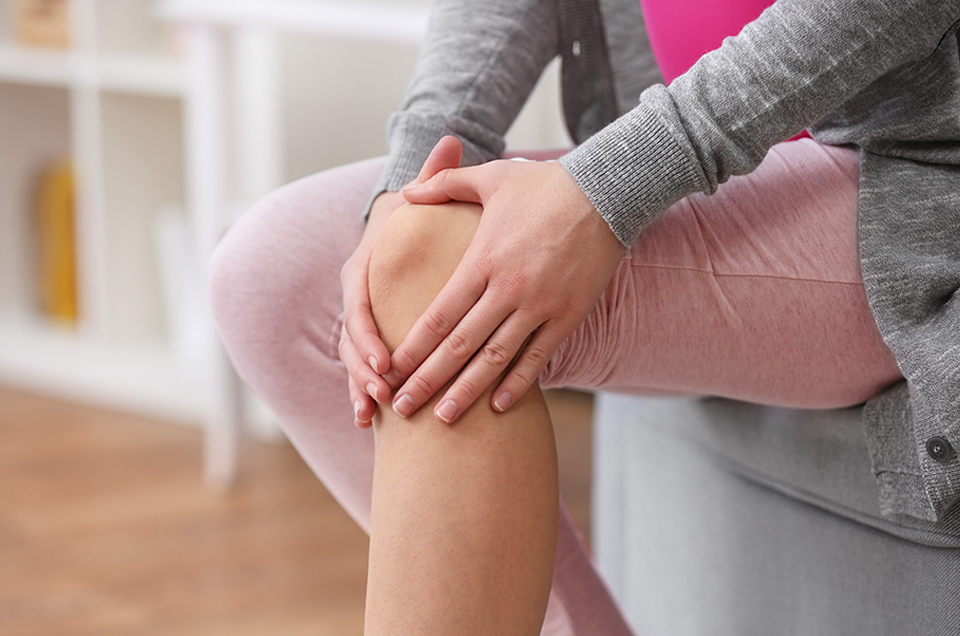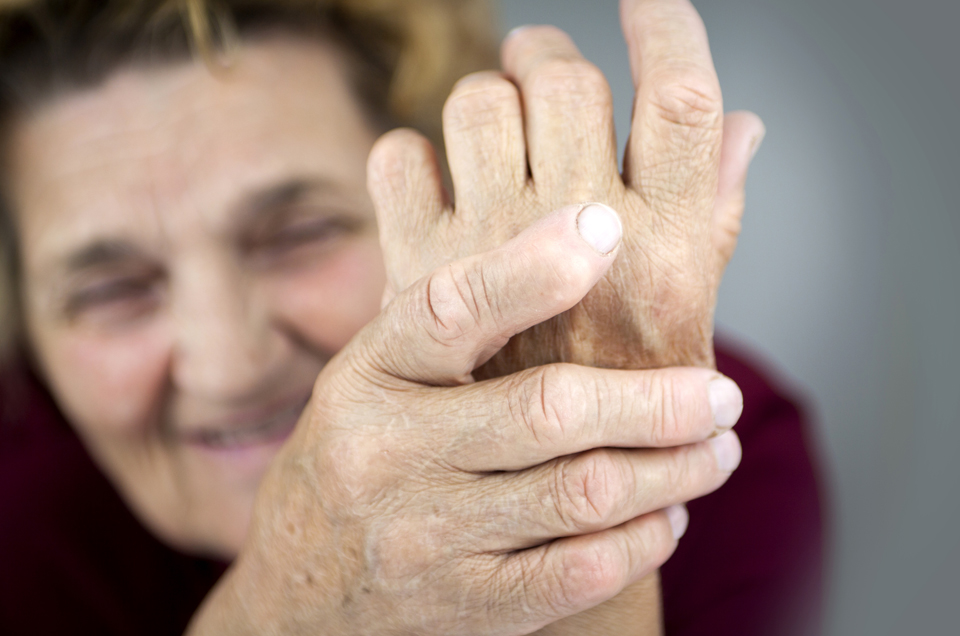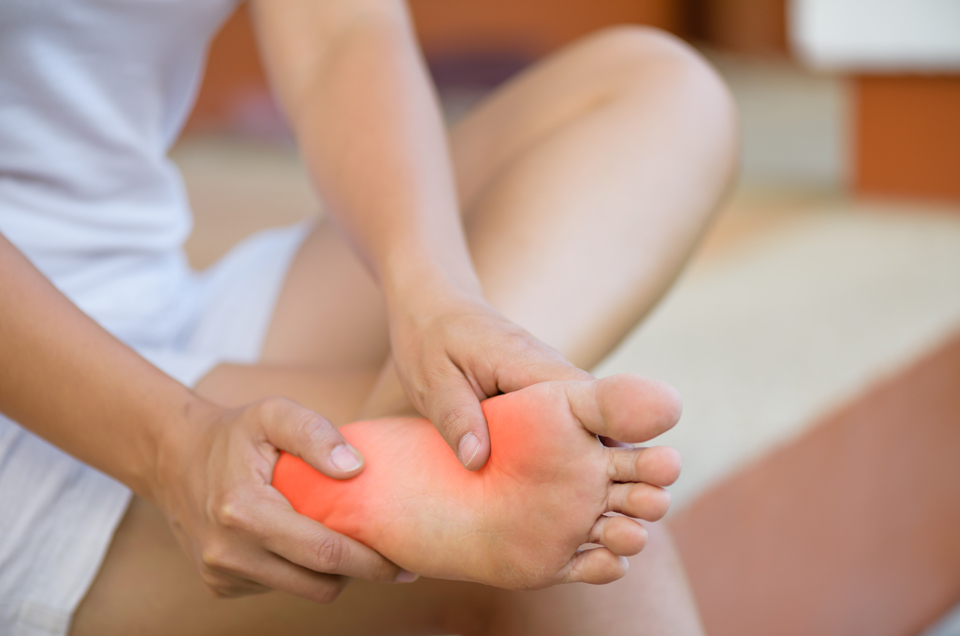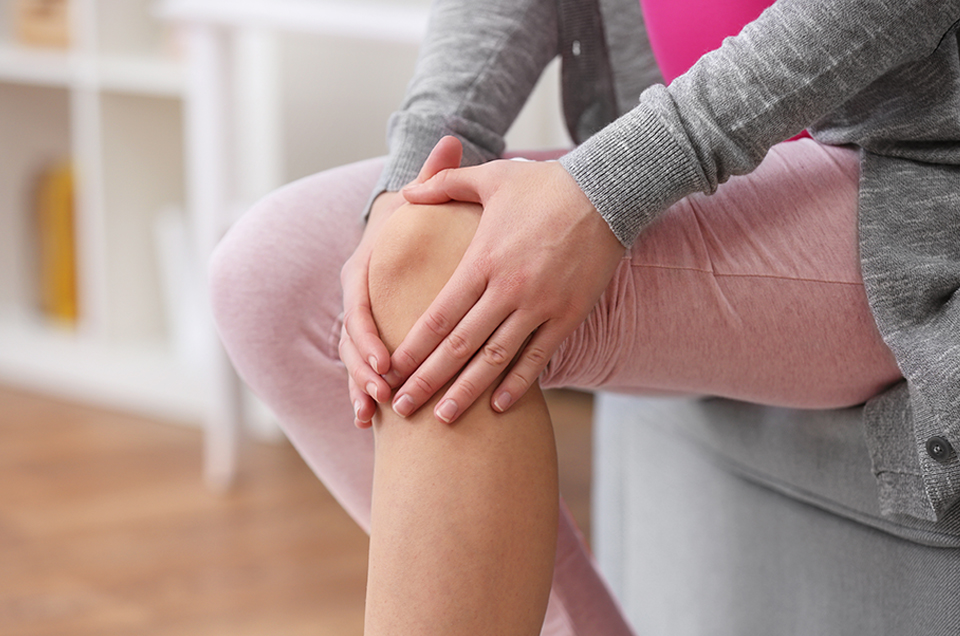Treatment – the first step
Unless a proper diagnosis has been done, it is impossible to arrive at an accurate underlying cause behind the pain. Once that is done, your doctor at Jiva Ayurveda will prescribe a personalised treatment path that will include herbal medicines, medicated oil to relieve neck pain as well as panchakarma therapy depending on the severity of the case. Hence, before getting into the do's and don’ts of cervical pain, make sure that you have already spoken with a doctor regarding your treatment.
Things you must do in cervical pain
- Reconfigure your work position
Among all Cervical Spondylosis causes, the most frequent is posture. This happens primarily because of the way we sit at work, and also because the way our workstations are configured. In many offices, there is a huge disregard for workstations design. While desks and seats must be ergonomically designed, workstations are instead built in bulk and deployed without even considering ideal height, work angle, and another important factors that have a huge ramification on the overall health of the workers. Therefore, the burden of keeping yourself healthy falls on you! To prevent cervical pain from becoming an extreme cause of discomfort especially in old age, you must take some necessary steps to reconfigure your workstation. Your seat and desk should not be too high or too low. There's an optimal position depending on your height that has to be configured so that your back always remains straight, and the angle of your forearms is directly parallel to the ground. This leads to minimum stress at the wrists as well as at the elbows, which has an overbearing effect on the neck joints which take all the load of your hands and shoulders when you're at work.
- Take frequent breaks
Undivided focus is of course necessary to deliver quality work. However, more important than anything else is the your health especially in the long run that will make it easy for you to continue delivering high quality work even at your old age. If you do not take care of your cervical joints now, chances are high that you will end up with cervical spine pain before crossing the age of 40. Walk away from your workstation every 45 minutes, and do some neck rotation exercises hey as well as stretch your hands above your head and to your sides to help the muscles relax and promote blood circulation. Plan the progress of your work in such a manner that 45 minutes are enough to close small sprints and achieve small goals. At the end of it, give yourself some relaxation and allow your body to recharge for the next sprint. This is more important if your job is primarily to sit at a desk.
- Give yourself posture correction reminders hey
Set a reminder of 10 or 15 minutes on your mobile phone or using an app on your office computer to remind yourself to sit back enter correct position on the chair. In due course of time throughout the day we begin to slouch forward and focus less on our position and more on the work, which is normal, but bad for spinal health! Reminding yourself every 15 minutes to set up straight again is an effective way to prevent slouching and therefore, cervical lordosis.
Things you must not do in cervical pain
- Don’t take stress
Stress is never helpful. Other than psychological problems that it can create, stress is also associated with many physiological problems. One of them being pain. Patients who have cervical pain is often seen to be in a lot of stress, mostly unnecessary, which complicates health condition and creates more pain. If you observe stress building up in your mind, remove yourself from the situation. Often at a workplace when you cannot walk away, take long and deep breaths and think of something less stressful to help your mind deviate away from the current situation. Meditation is also very good way to deal with stress and you can do that in office at regular intervals in between work.
- Do not self-medicate
A common practice observed in patients of chronic neck pain is that they easily resort to using painkillers instead of getting a proper treatment. The downside of this approach is that painkillers eventually end up becoming the cause for kidney or liver problems. If you've been suffering from pain for a long period of time, do not ignore it any further, and most importantly do not self-medicate with pain killers. Consultant an expert joint doctor today and get started on your relief journey.



